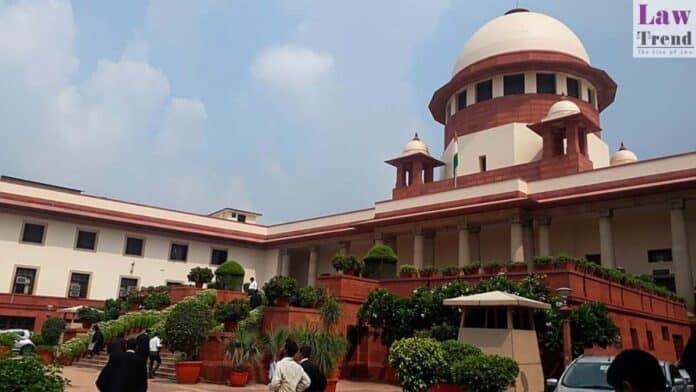In a critical ruling that reinforces the limitations on the appellate jurisdiction of High Courts, the Supreme Court of India has set aside a judgment of the Calcutta High Court, emphasizing that findings of lower courts cannot be overturned without framing substantial questions of law as mandated under Section 100 of the Code of Civil
To Read More Please Subscribe to VIP Membership for Unlimited Access to All the Articles, Download Available Copies of Judgments/Order, Acess to Central/State Bare Acts, Advertisement Free Content, Access to More than 4000 Legal Drafts( Readymade Editable Formats of Suits, Petitions, Writs, Legal Notices, Divorce Petitions, 138 Notices, Bail Applications etc.) in Hindi and English.




